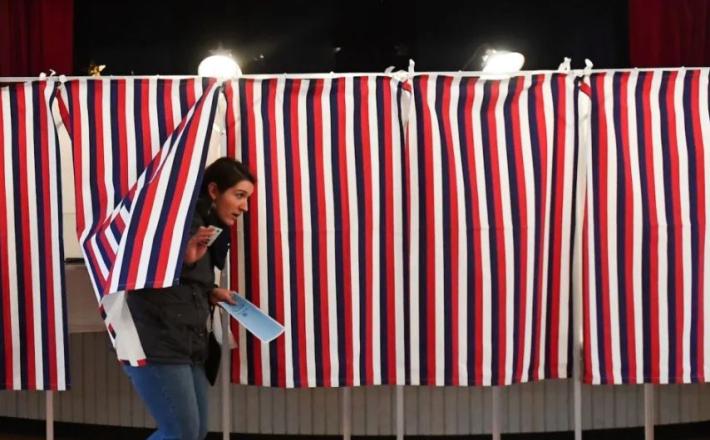The future is female: How the growing political power of women will remake American politics
Source: Brookings
The most profound change in American politics today and in the years to come will result from a massive movement of women into the Democratic Party. As this realignment takes place Hillary Clinton may well go down in history as this century’s equivalent of Al Smith. Al Smith was the Democratic nominee for president in 1928 and the first Roman Catholic ever nominated by a major political party. Although he lost the election, his campaign presaged the movement of Catholics into the Democratic Party in 1932 when Franklin Roosevelt won the Democratic nomination and the presidency. Smith’s race was initially considered a failure, as was Hillary Clinton’s. But her defeat has set off a chain reaction likely to lead to a realignment of party coalitions and relative political strength in 2020 as sweeping as FDR’s victory in 1932.
As far back as the Reagan presidency, there has been a gender gap in American partisanship with women tilting toward the Democratic Party and men toward the GOP. But the overwhelming change in political party demographics since Trump’s victory in 2016 is the culmination of a long-term movement in party identification and voting behavior among women. With the election of Donald Trump over Hillary Clinton, what had been a modest gap of variable proportions has turned into a chasm so wide no Republican presidential candidate will be able to cross it for years to come.
Click here to read the full article published by Brookings on 19 February 2020.

The most profound change in American politics today and in the years to come will result from a massive movement of women into the Democratic Party. As this realignment takes place Hillary Clinton may well go down in history as this century’s equivalent of Al Smith. Al Smith was the Democratic nominee for president in 1928 and the first Roman Catholic ever nominated by a major political party. Although he lost the election, his campaign presaged the movement of Catholics into the Democratic Party in 1932 when Franklin Roosevelt won the Democratic nomination and the presidency. Smith’s race was initially considered a failure, as was Hillary Clinton’s. But her defeat has set off a chain reaction likely to lead to a realignment of party coalitions and relative political strength in 2020 as sweeping as FDR’s victory in 1932.
As far back as the Reagan presidency, there has been a gender gap in American partisanship with women tilting toward the Democratic Party and men toward the GOP. But the overwhelming change in political party demographics since Trump’s victory in 2016 is the culmination of a long-term movement in party identification and voting behavior among women. With the election of Donald Trump over Hillary Clinton, what had been a modest gap of variable proportions has turned into a chasm so wide no Republican presidential candidate will be able to cross it for years to come.
Click here to read the full article published by Brookings on 19 February 2020.